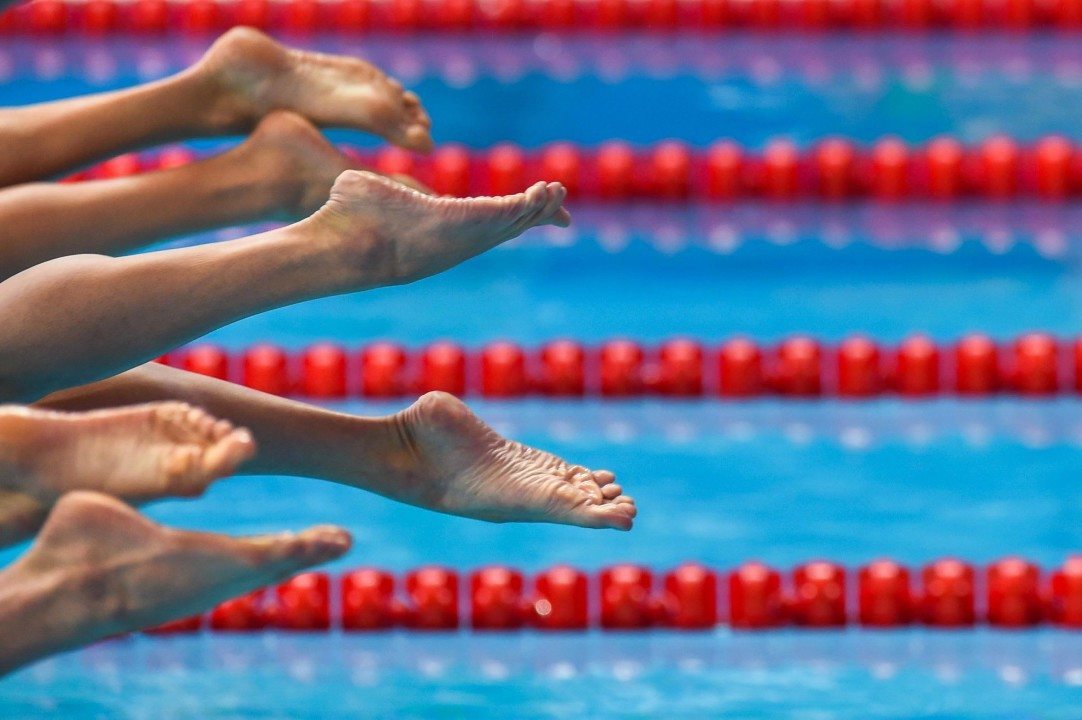- Latin Swim Cup
- Santiago de Cali, Colombia
- April 29 – May 1
- Aquatic Center “Hernando Botero O’Byrne”
After six years the Latin Swim Cup is back as part of the youth Olympic cycle. The last time this tournament took place was in Mar de Plata, Argentina in 2010. The Latin Swim Cup was first held in 1973 with 5 teams competing. The meet eventually gathered 8 teams and by 1995 the invitation was open to 27 Latin countries around the world. The meet is open to all countries where a Romance language predominates such as Spanish, Portuguese, and French.
The tournament is making its comeback with a new approach and competition format. The countries participating must arrive on April 26th for a combined two day training camp. Each country can enter 16 athletes: 4 per category and sex. Only 1 athlete per event is allowed and an extra swimmer can be entered in case there is an extra lanes available.
As part of this format, athletes will be separated into two categories:
- Category A will feature female swimmers born in 2001 and male swimmers born in 2000.
- Category B will feature female swimmers born between the years 1997-2000 and male swimmers born between 1996-1999.
The Latin Swim Cup has always targeted youth categories in order to promote new talents that could one day compete at a highly competitive level. We can expect to see big names who are already part of the youth world swimming elite. Participating countries have not yet been announced but we can expect various countries such as Chile, Colombia, Venezuela, and Brazil to be present.

The “Latin Cup” was not in 1973 and the years following a B team competition. I covered for my newspaper, the French “L’Equipe”, the firsts “Coppa Latina” or in French “Coupe Latine” and the teams were the beast of the countries. The first Coupe latine opposed teams from six or seven countries, like France, Italy, Spain, Brazil, Argentina, Colombia, and you could see good international or Olympic and world medallists swimmers like Novella Calligaris, Giorgio Lamberti, Marcello Guarducci, Djan Madruga, Paolo Revelli, Catherine Poirot, Frédéric Delcourt, etc. Italy and France won many team points on this time and Brazil was never far behind. I guess the development of things like FINA cups and the winter and short course programs made… Read more »